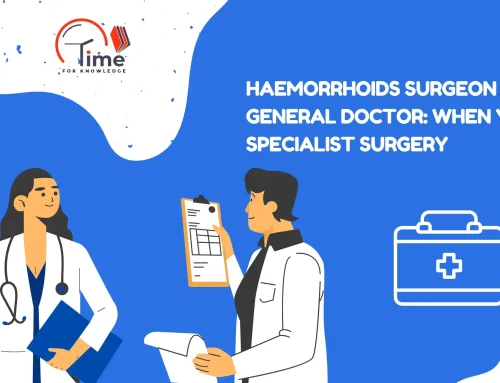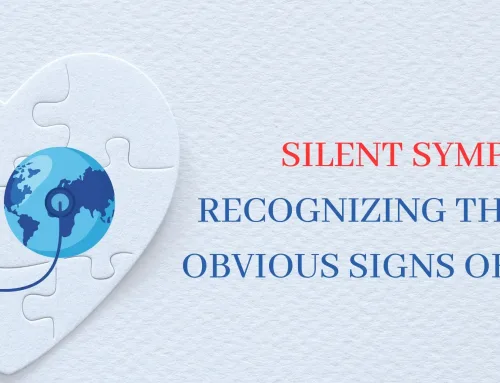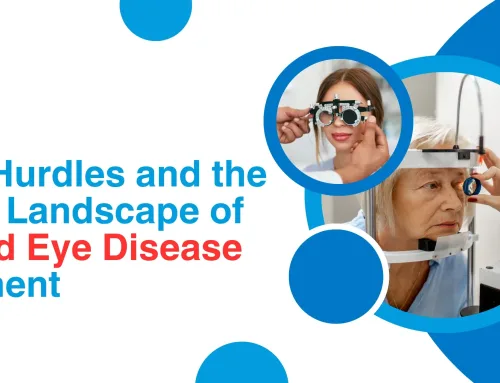Esophageal cancer is a term used to describe stomach cancer. It is which is a long hollow tube that connects your stomach and into your throat. The esophagus is the organ responsible for the transfer of food from your throat into your stomach.
The cells that line the interior of the esophagus are where the majority of cancers of the esophagus start. Everywhere along the esophagus may be the site of Esophageal cancer. Esophageal cancer is more frequent in women than in males.
The sixth most frequent cause of death due to cancer globally is esophageal cancer. The rates of esophageal cancer differ across geographical regions. The higher rates of esophageal cancer in specific areas could be caused by drinking alcohol, smoking cigarettes, or a specific diet, as well as weight gain.
Signs
These are the symptoms and signs of esophageal cancer.
- Dysphagia (difficulty swallowing)
- Weight loss with no effort
- Pressure, burning or chest pain
- Worsening indigestion or heartburn
- Croughing or hoarseness
- There are rarely any symptoms or indications of early esophageal tumors.
When is the best time to see an ophthalmologist?
If you’re concerned with persistent symptoms or symptoms that are not resolved, seek out your doctor.
The risk of developing esophageal tumors is increased if you’ve had Barrett’s Esophagus. The disease is caused due to acid reflux. Talk to your doctor about signs and symptoms that may suggest the severity of your condition.
Patients with Barrett’s esophagus might be able to have their esophageal cancer examined. Consider the advantages and disadvantages with your physician if you are suffering from Barrett’s.
Causes
If the cells of the esophagus undergo DNA changes and develop cancer of the esophagus. The mutations cause the cells to expand and divide in a way that is not controlled. A build-up of abnormal cells could create a tumor within your stomach. The tumor could grow to other structures nearby and other organs of your body.
Different kinds of esophageal cancer
The kind of cells that are involved in esophageal tumors can be classified. The treatment options you have will be based on the kind of Oesophageal Cancer you suffer from. There are a variety of esophageal tumors:
- Adenocarcinoma. Adenocarcinoma is cancer that originates within the cells of the mucus-secreting glands that line the esophagus. Adenocarcinoma occurs most often in the lower region of the esophagus. Adenocarcinoma, which is the most prevalent type of Oesophageal Cancer that is found in the United States is primarily a condition that affects white males.
- Cancer of the squamous cells. Squamous cells are tiny flat cells that cover the surface of the esophagus. The middle and upper parts of the esophagus comprise the most frequently affected locations for squamous cell cancer. The most frequent Oesophageal Cancer in the world is known as Squamous Cell Cancer.
- There are also rarer varieties. Other uncommon types are small cell carcinomas, sarcoma, and lymphoma.
Risk factors
Esophageal irritation that is chronic can be a contributory reason for the development of cancer in your esophageal region Singapore. The following triggers could result in irritation of your cells, which can increase the risk of developing esophageal cancer:
- Being diagnosed with the gastroesophageal acid-reflux condition (GERD).
- Smoking
- The cells in the esophagus. (Barrett’s the esophagus).
- Being obese
- Drinking alcohol
- Bile reflux
- Achalasia refers to a condition in which the muscles of the esophageal region aren’t in a relaxed and result in difficulties eating (difficulty eating).
- Consistently drinking hot fluids
- Insufficient fruit and vegetable intake
- Treatment of the chest or upper abdomen.
- Complications
- It could lead to problems such as:
- Obstructive esophagus. Cancer can make it difficult for liquids and foods to go through your stomach.
- The cause of the pain can be advanced esophageal cancer.
- Esophageal bleeding. It could be due to cancer of the esophagus. Although the process is usually steady, it can be sudden and severe.
Prevention
You can follow to reduce the risk of developing esophageal cancer. The steps below:
- Stop smoking. Discuss with your doctor If you smoke. It is possible to quit smoking by medications and counseling. Stop smoking if you don’t already
- If you are required to consume alcohol, make sure you do it in moderation. Moderation is key to having fun with alcohol. Healthy adults can drink as little as one drink per day for women, and two drinks per day for males.
- Make sure you are eating more veggies and fruits. Include a wide variety of colorful vegetables and fruits in your food.
- Maintain your weight in a healthy range. Discuss with your doctor in case you are overweight or overweight. The goal should be an ongoing and gradual weight loss of 1 – 2 pounds each week.
What do you Need to Visit an Esophageal cancer Specialist?
Esophageal cancer treatment can be more effective if diagnosed earlier. A lot of people are unaware that the esophageal tumor is often in advanced stages and may have spread into the esophagus.
The treatment for Esophageal cancer Singapore depends on several factors including the degree of the disease and the general health of the patient.
- Surgery can be done to eliminate a part or the entire esophagus.
- Treatment with radiation. Radiation therapy kills cancerous cells.
- These powerful medications focus on cancerous cells in the body. They are usually employed as a complement to the use of radiation therapy or surgery.
- Targeted therapy. Targeted therapy is a brand new treatment which targets specific cancers to slow their growth.
- It is a therapy that boosts the immune system to fight cancerous cells.
- Photodynamic therapy. A specific laser light source is targeted to kill cancerous cells.
- To destroy cancer cells use electric current.
- To shrink tumors, freeze cancer cells.
- Endoscopic mucosal extraction can be used to treat minor precancers that are in the early stages. For cancers that are early radiofrequency ablation may be utilized. This therapy targets cancer cells by using radiofrequency energy.





![Home Depot Health Check App: Employees And Associates Will Enjoy Unbelievably Great Benefits[2023]](https://timeforknowledge.com/wp-content/uploads/2023/12/Home-Depot-Health-Check-500x383.webp)




